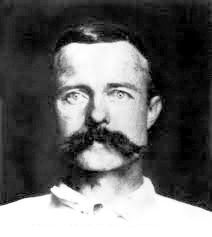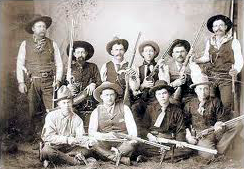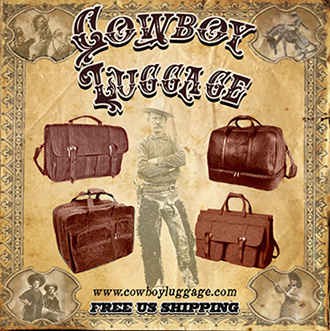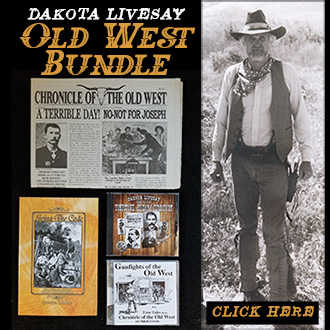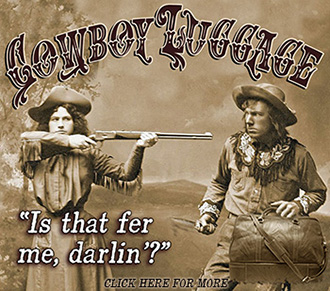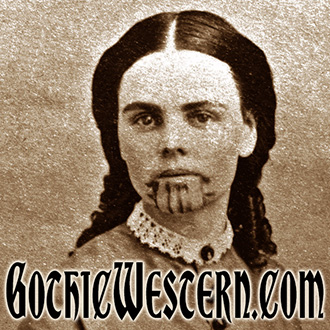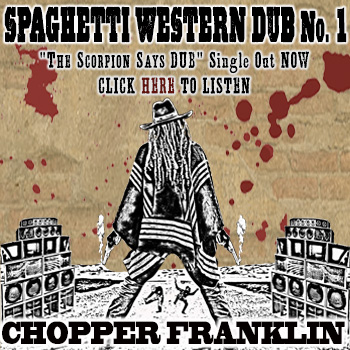 Just five months after the Little Bighorn Battle, on November 25, 1876, in retaliation, U.S. troops under the leadership of General Ranald Mackenzie destroyed the village of Cheyenne living with Chief Dull Knife on the Powder River.
Just five months after the Little Bighorn Battle, on November 25, 1876, in retaliation, U.S. troops under the leadership of General Ranald Mackenzie destroyed the village of Cheyenne living with Chief Dull Knife on the Powder River.
Although the Sioux and Cheyenne had won one of their greatest victories at Little Bighorn, this victory actually marked the beginning of the end of their fight against the U.S. government.
News of the massacre of Custer and his men reached the East Coast during the centennial celebrations on July 4, 1876. This outraged the citizens and Americans demanded retaliation.
The government responded by sending one of its most successful Indian fighters to the region, General Ranald Mackenzie, who had previously defeated the Comanche and Kiowa Indians in Texas. Mackenzie led an expeditionary force up the Powder River in central Wyoming, where he located a village of Cheyenne living with Chief Dull Knife. Although Dull Knife himself probably wasn’t involved in the battle at Little Bighorn, many of his people were, including one of his sons.
At dawn, Mackenzie and over 1,000 soldiers and 400 Indian scouts opened fire on the sleeping village, killing many Indians within the first few minutes. Some of the Cheyenne were able to escape to the surrounding hills. The Indians watched as the soldiers burned more than 200 lodges that contained all their winter food and clothing. Then the soldiers cut the throats of their ponies. When the soldiers found souvenirs taken by the Cheyenne from soldiers they had killed at Little Bighorn, the assailants felt justified in their attack.
The surviving Cheyenne, many of them half-naked, began an 11-day walk north to Crazy Horse’s camp. Devastated by his losses, the next spring Dull Knife convinced the remaining Cheyenne to surrender. The army sent them south to Indian Territory, where other defeated survivors of the final years of the Plains Indian wars soon joined them.
It makes one wonder how things would have been different had the Little Bighorn not taken place.



